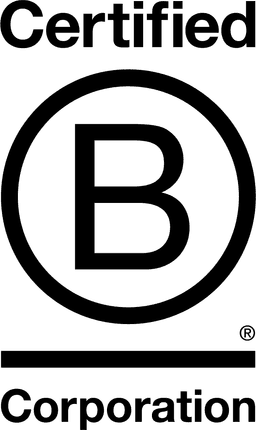

Turningpoint Leadership

Île-de-France, France
June 2016
Other personal services
Service with Minor Environmental Footprint
Australia,
Belgium,
Brazil,
Canada,
China,
France,
Germany,
Greece,
Hong Kong S.A.R.,
India,
Ireland,
Italy,
Japan,
Luxembourg,
Malaysia,
Mexico,
Netherlands The,
Norway,
Poland,
Singapore,
South Africa,
Spain,
Switzerland,
Taiwan,
United Arab Emirates,
United Kingdom,
United States
Turningpoint coaches create unique approaches that develop the personal and collective leadership of Executives and their teams, especially during complex transformations. Turningpoint research in leadership and learning practices inspires these innovative programs, facilitated throughout Europe, Asia, and the Americas. Pioneer of new leadership approaches, Turningpoint invests in leadership research through the platform "Turningpoint Lab". This platform coordinates workshops on research and innovation in leadership and pedagogy for leaders, and it finances doctoral research in partnership with international universities. Turningpoint seeks to foster true and authentic leadership development that allows people to strive towards the common good and the betterment of society. Turningpoint believes that above all else, people follow a person with an authentic personality, not a role or hierarchical position. Even if leadership styles are numerous and varied, a leader is someone who :Acts ethically and presents a unified vision and convictionsHas confidence in himself - puts his strengths to use in the service of a projectIs open with othersRe-evaluates his ideas to constantly continue the learning process.
Overall B Impact Score
Governance 21.0
Governance evaluates a company's overall mission, engagement around its social/environmental impact, ethics, and transparency. This section also evaluates the ability of a company to protect their mission and formally consider stakeholders in decision making through their corporate structure (e.g. benefit corporation) or corporate governing documents.
What is this? A company with an Impact Business Model is intentionally designed to create a specific positive outcome for one of its stakeholders - such as workers, community, environment, or customers.
Workers 29.7
Workers evaluates a company’s contributions to its employees’ financial security, health & safety, wellness, career development, and engagement & satisfaction. In addition, this section recognizes business models designed to benefit workers, such as companies that are at least 40% owned by non-executive employees and those that have workforce development programs to support individuals with barriers to employment.
Community 15.3
Community evaluates a company’s engagement with and impact on the communities in which it operates, hires from, and sources from. Topics include diversity, equity & inclusion, economic impact, civic engagement, charitable giving, and supply chain management. In addition, this section recognizes business models that are designed to address specific community-oriented problems, such as poverty alleviation through fair trade sourcing or distribution via microenterprises, producer cooperative models, locally focused economic development, and formal charitable giving commitments.
Environment 7.5
Environment evaluates a company’s overall environmental management practices as well as its impact on the air, climate, water, land, and biodiversity. This includes the direct impact of a company’s operations and, when applicable its supply chain and distribution channels. This section also recognizes companies with environmentally innovative production processes and those that sell products or services that have a positive environmental impact. Some examples might include products and services that create renewable energy, reduce consumption or waste, conserve land or wildlife, provide less toxic alternatives to the market, or educate people about environmental problems.
Customers 23.8
Customers evaluates a company’s stewardship of its customers through the quality of its products and services, ethical marketing, data privacy and security, and feedback channels. In addition, this section recognizes products or services that are designed to address a particular social problem for or through its customers, such as health or educational products, arts & media products, serving underserved customers/clients, and services that improve the social impact of other businesses or organizations.
What is this? A company with an Impact Business Model is intentionally designed to create a specific positive outcome for one of its stakeholders - such as workers, community, environment, or customers.